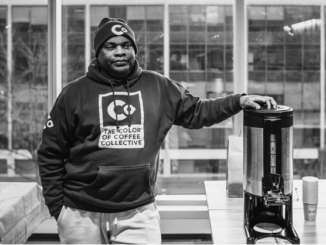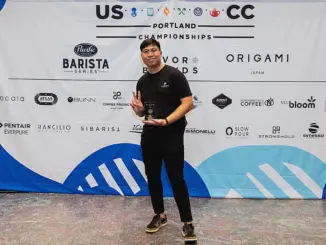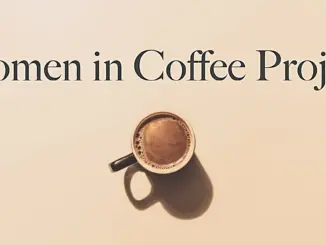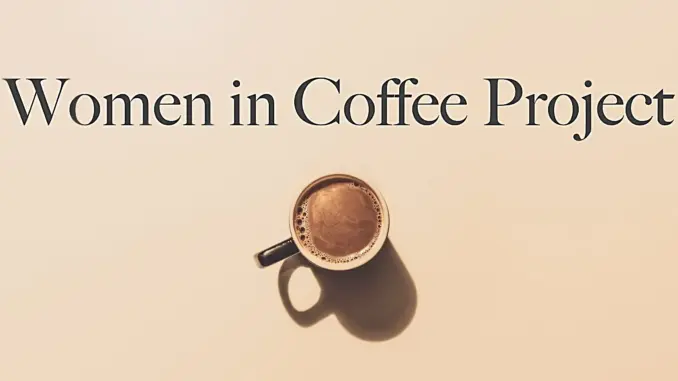
Our interview with the Women in Coffee Project founder continues with a discussion on the current situation for women in the coffee world and future goals for the organization.
BY TANYA NANETTI
SENIOR ONLINE CORRESPONDENT
Featured photo by Jakub Dziubak via Unsplash
Editor’s note: Yesterday we published part one of our interview with Amaris Gutierrez-Ray, founder of the Women in Coffee Project (WICP), and today we’re continuing with part two. Please note: This interview has been edited for length and clarity.
Barista Magazine: Can you tell us more about the current situation of many women in the coffee world? Has it improved in recent years? Do you see the potential for a positive change?
Amaris Gutierrez-Ray: Oh yes, there’s been a lot of growth! There’s always progress. But there is equally always more to do, and I actually find that encouraging. It means we each have a role to play, and values to uphold and continually investigate as we co-create the world we want to live in. I think there are still many challenges, including a lack of access to career opportunities, obstacles to pursuing educational opportunities, the double burden of balancing family care and professional growth, (and) the internal struggle of finding your own place and value and self-worth (this is also the first step toward positive mental health).
The women I’ve spoken to over the last few years crave more education, more tools to invest in themselves and their businesses. When analyzing what I hear, I can see the challenges and successes very clearly. But more often than not, when speaking 1:1, the women I’ve met have been so diligent and action-oriented that it doesn’t feel unattainable. Women already know the solutions to the challenges they face, and they’re already working on achieving them. I’ve truly come to think that sometimes the issue is just that people don’t always ask them, or listen to what they can already see.
The Women in Coffee Project wants to create active opportunities for women in coffee. How exactly?
Women are already creating opportunities for themselves in their careers. But there is still not as much visibility and normalizing, and appreciation of the serious contributions to coffee that women have accomplished. A sense of community supports this—WICP has helped create that space of visibility. We have connected individuals to organizations that can interest and engage them, and that has been rewarding to see. I often feel there’s so much more we could do. This is the main area where I would like to grow and find a way to create measurable results.
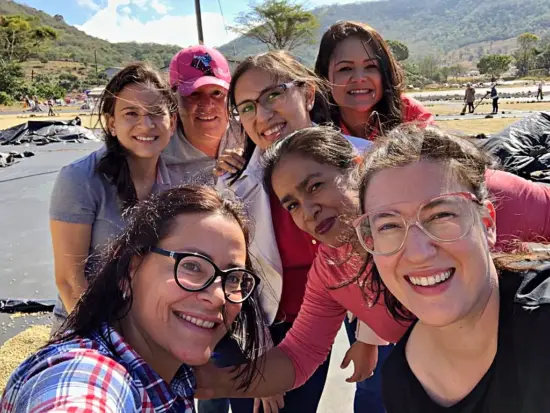
Maybe I’ll take this moment to note that I use the word “active“ a lot, mostly because I want to create more awareness that equity takes work. It’s true that many organizations need financial support, and that’s one way to contribute, but action is key. Women do so much. Being a strong ally should mean that we don’t take it for granted, that we do the work to educate ourselves and not wait for someone else to do it for us, and that we find ways to apply the principles directly in our own lives, that we learn to live the values of allyship.
Last month was a very busy time for WICP, being involved in multiple activities at the Specialty Coffee Expo in Portland, including a really interesting project called “Story Project.” Can you tell us more about what happened? How was the collaboration with IWCA Global?
It was wonderful! I have looked up to IWCA Global my whole career, and they were generous enough to allow me to share their booth space to conduct short audio interviews with producers who were attending the Expo. Blanca Castro, especially, is an incredible leader and life force. She was an excellent collaborator and guide and helped me frame my goals and parameters for the weekend. My intention was to talk to producers about two key topics: how to measure the benefits of attending a coffee conference for producers (an investment, for sure), and how producers think about quality and value.
It seems to me that in recent years the industry has been discussing the value of these events for producers, while they seem to be designed without producers in mind, and whether we can encourage change to better meet producers’ needs and interests. In a sense, quality and value are always linked in a special way. And again, it is not always discussed with input or consideration from producers. One of my next projects is on this very theme. So I was curious to hear from producers directly about their opinions. (Also, one of my goals is to talk about concepts that are not specifically about women’s issues.)
The experience was amazing, a true whirlwind, but amazing. I was able to conduct 10 audio interviews with IWCA chapter members and women producers from Honduras, Uganda, Colombia, Ethiopia, and Guatemala. I’m still assessing how to compile them for the public, and hope to be able to share them very soon.
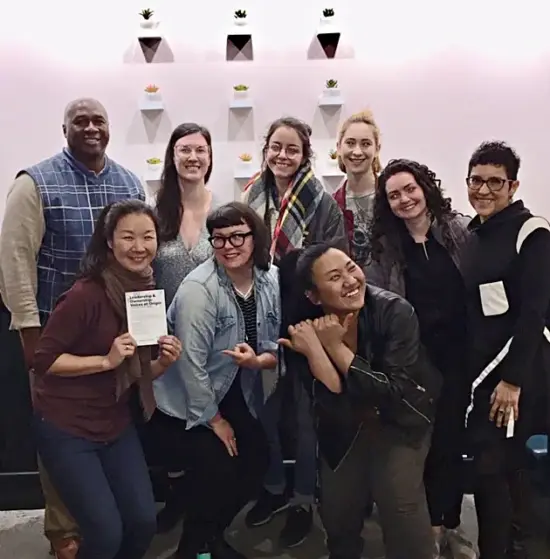
You have done beautiful initiatives in the past, and have new initiatives still in progress. What about the future? What are your goals? Do you have any new projects in mind?
The main goal this year is to launch a program called TWICE with collaborators Stephanie and Giselle. Along the way I’ll host virtual panel events on the topic of “What Feedback Producers Want to Hear from Roasters“ (with IWCA chapter members as panelists), “How to Have Values-Based Conversations with your Logistics Partners,“ and a couple more “Careers in Coffee“ panels. I am always open to ideas. I crave collaboration and work best when I have someone to plan things with! I’m also thinking about how to have in-person events again. I hope to find a way to do that again this summer.
Besides supporting WICP, what else can we actively do to help support women in coffee-growing countries? What about women in the entire coffee industry?
Buy women-produced coffee! If your local roaster doesn’t have coffee produced by women on their shelves, ask them about it. This is a great way to show roasters and importers that there is a market for it. If those roasters end up buying more coffee produced by women, it can result in showing producers their work is valuable and needed.
Are there any final words you would like to share with us?
Women are miraculous, and when we come together, anything is possible. As a producer from Honduras, Andrea Rubi, said to me: En la unión está la fuerza—“In union, there is strength.“
ABOUT THE AUTHOR
Tanya Nanetti (she/her) is a specialty-coffee barista, a traveler, and a dreamer. When she’s not behind the coffee machine (or visiting some hidden corner of the world), she’s busy writing for Coffee Insurrection, a website about specialty coffee that she’s creating along with her boyfriend.


